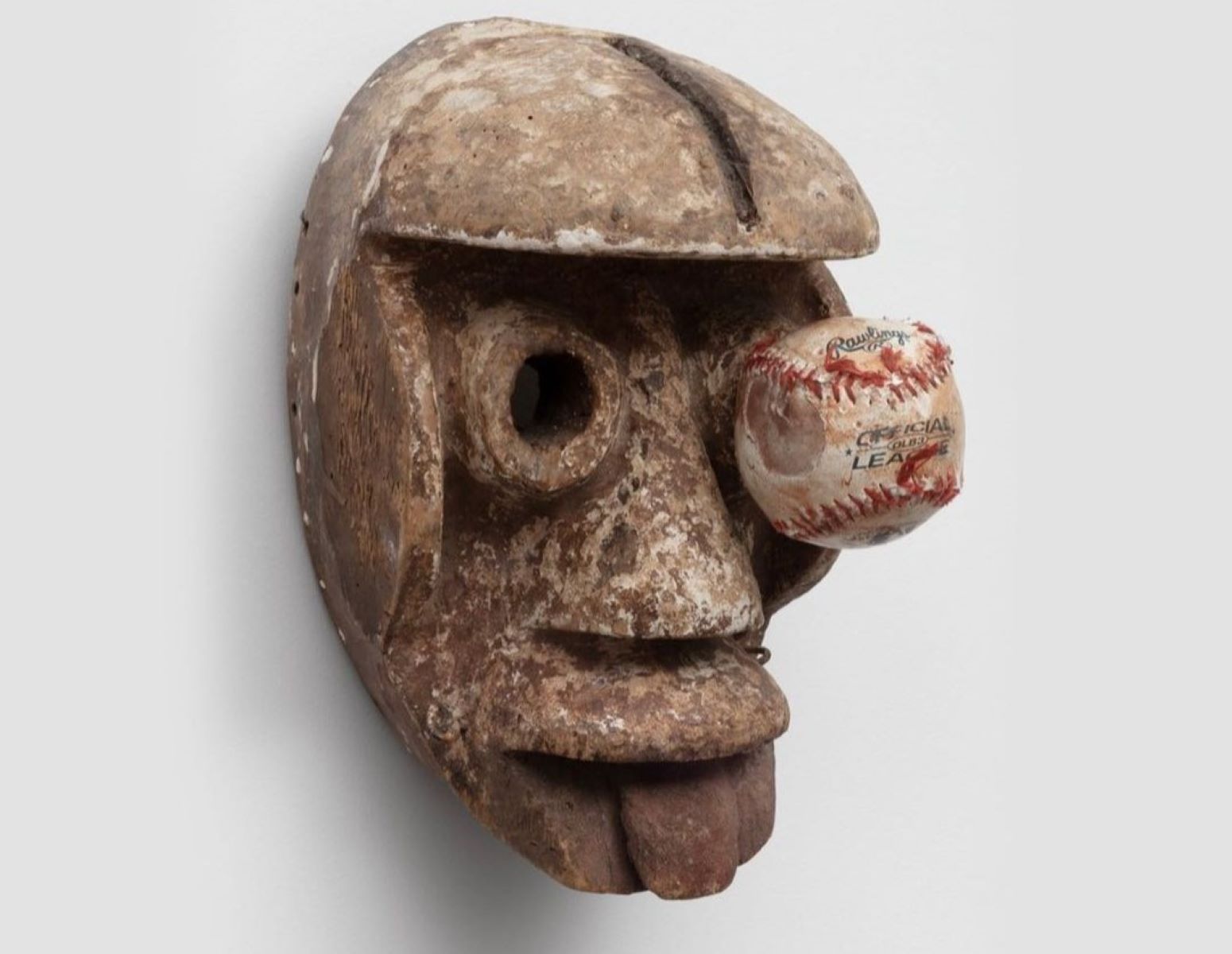
What is the African Dodger? The African Dodger was a carnival game popular in the late 19th and early 20th centuries. Participants would throw balls at the head of a person, often an African American, who would try to dodge them. This game was not only dangerous but also deeply rooted in racism and exploitation. Why is it important to know about it? Understanding the African Dodger game sheds light on the historical context of racial discrimination and the ways in which entertainment was used to dehumanize people. How did it impact society? The game reinforced harmful stereotypes and contributed to the normalization of racial violence. Learning about such past injustices helps us recognize and combat similar issues today.
Key Takeaways:
- African Dodger was a controversial carnival game in the late 19th and early 20th centuries, reflecting racial insensitivity and physical risks. Its decline highlights the progress towards inclusivity and racial sensitivity in society.
- The legacy of African Dodger serves as a reminder of the importance of empathy, understanding, and ongoing dialogue about race and history. It also showcases the evolution of entertainment to be more respectful and inclusive.
The Origins of African Dodger
African Dodger was a popular carnival game in the late 19th and early 20th centuries. It involved participants throwing balls at a target, usually a person's head, to win prizes. Let's dive into some fascinating facts about this controversial game.
- African Dodger originated in the United States during the late 1800s.
- The game was also known as "Hit the Coon" or "Hit the N****r," reflecting the racial insensitivity of the era.
- African Dodger was commonly found at carnivals, fairs, and amusement parks.
- The game often featured an African American man as the target, who would dodge the balls thrown at him.
- Participants paid a small fee to play, hoping to win prizes by hitting the target.
The Mechanics of the Game
Understanding how African Dodger was played helps us grasp its appeal and the risks involved for the participants.
- The target, usually a man's head, was placed through a hole in a canvas or wooden backdrop.
- Players threw baseballs or similar objects at the target, aiming to hit it.
- The target person had to dodge the balls to avoid getting hit, hence the name "African Dodger."
- If a player successfully hit the target, they would win a prize, often a stuffed animal or a small toy.
- The game required quick reflexes and agility from the target person to avoid injury.
The Risks and Controversies
African Dodger was not only controversial due to its racial insensitivity but also because of the physical dangers involved.
- The target person often suffered injuries from being hit by the balls.
- Injuries ranged from bruises and cuts to more severe head trauma.
- Despite the risks, some African American men participated in the game for the money, as it was a source of income.
- The game faced criticism from various groups, including civil rights activists and concerned citizens.
- Over time, the game became less popular due to growing awareness of its dangers and racial insensitivity.
The Decline of African Dodger
As society progressed, African Dodger faced increasing scrutiny and eventually faded from popularity.
- The civil rights movement in the mid-20th century played a significant role in the decline of African Dodger.
- Growing awareness of racial issues led to a decrease in the game's acceptance.
- Amusement parks and carnivals began to phase out African Dodger in favor of less controversial games.
- By the 1960s, African Dodger had largely disappeared from American entertainment venues.
- The game is now remembered as a relic of a less enlightened time in American history.
Modern Reflections on African Dodger
Today, African Dodger serves as a reminder of the progress society has made and the work that still needs to be done.
- Historians study African Dodger to understand the social and cultural climate of the time.
- The game is often cited as an example of the casual racism that was prevalent in early 20th-century America.
- Museums and educational institutions sometimes feature African Dodger in exhibits about racial history.
- Discussions about African Dodger can help raise awareness about the importance of racial sensitivity and equality.
- The game's legacy highlights the need for continued efforts to combat racism and promote inclusivity.
Similar Games and Their Evolution
While African Dodger has faded into obscurity, other carnival games have evolved to be more inclusive and less harmful.
- Games like "Dunk Tank" replaced African Dodger, where participants throw balls to dunk a person into water.
- These newer games focus on fun and entertainment without targeting specific racial or ethnic groups.
- Modern carnival games prioritize safety and inclusivity, reflecting changing societal values.
- The evolution of carnival games shows how entertainment can adapt to be more respectful and enjoyable for everyone.
- Understanding the history of games like African Dodger helps us appreciate the progress made in creating a more inclusive society.
The Cultural Impact of African Dodger
The legacy of African Dodger extends beyond its time, influencing various aspects of culture and entertainment.
- African Dodger has been referenced in literature and films as a symbol of racial insensitivity.
- The game has been used in academic discussions about the history of racism in America.
- Some artists and performers have created works inspired by African Dodger to comment on social issues.
- The game's history serves as a cautionary tale about the dangers of normalizing harmful stereotypes.
- Reflecting on African Dodger encourages ongoing dialogue about race, history, and the importance of empathy and understanding.
Final Thoughts on African Dodger
African Dodger, a carnival game from the early 20th century, has a dark history. Players threw balls at a target, often a Black man's head, to win prizes. This game reflected the racial prejudices of its time. Understanding this history helps us see how far society has come and how much work remains.
Today, such games are banned, but remembering them is crucial. It reminds us of past injustices and the importance of promoting equality. Learning about African Dodger isn't just about knowing a fact; it's about recognizing the impact of racism in entertainment and beyond.
By acknowledging these uncomfortable truths, we can foster a more inclusive and respectful world. Let's use this knowledge to ensure history doesn't repeat itself and to build a future where everyone is treated with dignity and respect.
Frequently Asked Questions
Was this page helpful?
Our commitment to delivering trustworthy and engaging content is at the heart of what we do. Each fact on our site is contributed by real users like you, bringing a wealth of diverse insights and information. To ensure the highest standards of accuracy and reliability, our dedicated editors meticulously review each submission. This process guarantees that the facts we share are not only fascinating but also credible. Trust in our commitment to quality and authenticity as you explore and learn with us.


